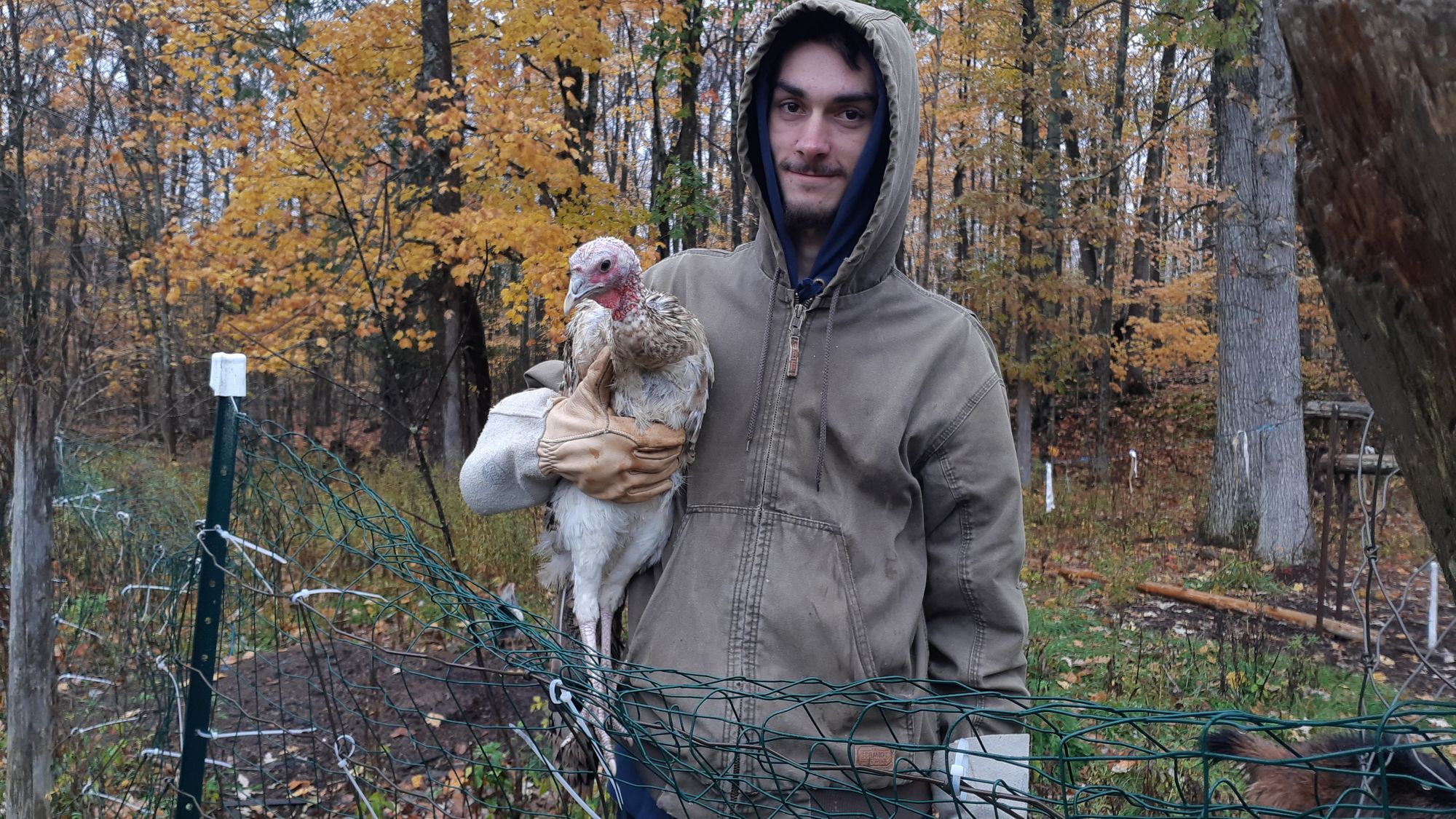About
Herrleklären started as the work of one hand. I hope it grows to include many collaborators. I'd rather this section was "About us" rather than "About me." In the meantime here's a sense of the spirit animating this endeavour.
The Herrle behind the klärening

Hello, I’m Jeanette Herrle. I’m interested in everything, but especially things that are new to me. A generalist rather than a specialist, I live to make connections across existing divisions. My instincts are ever toward cross-pollination, synthesis, and the spread of ideas.
A PhD in history of medicine, science and technology, I've spent my entire life learning, teaching, and coaching in various contexts. I'm happy to say I'm currently acting as director of the Academy of the Impossible, newly located in Lanark County, Ontario, Canada.
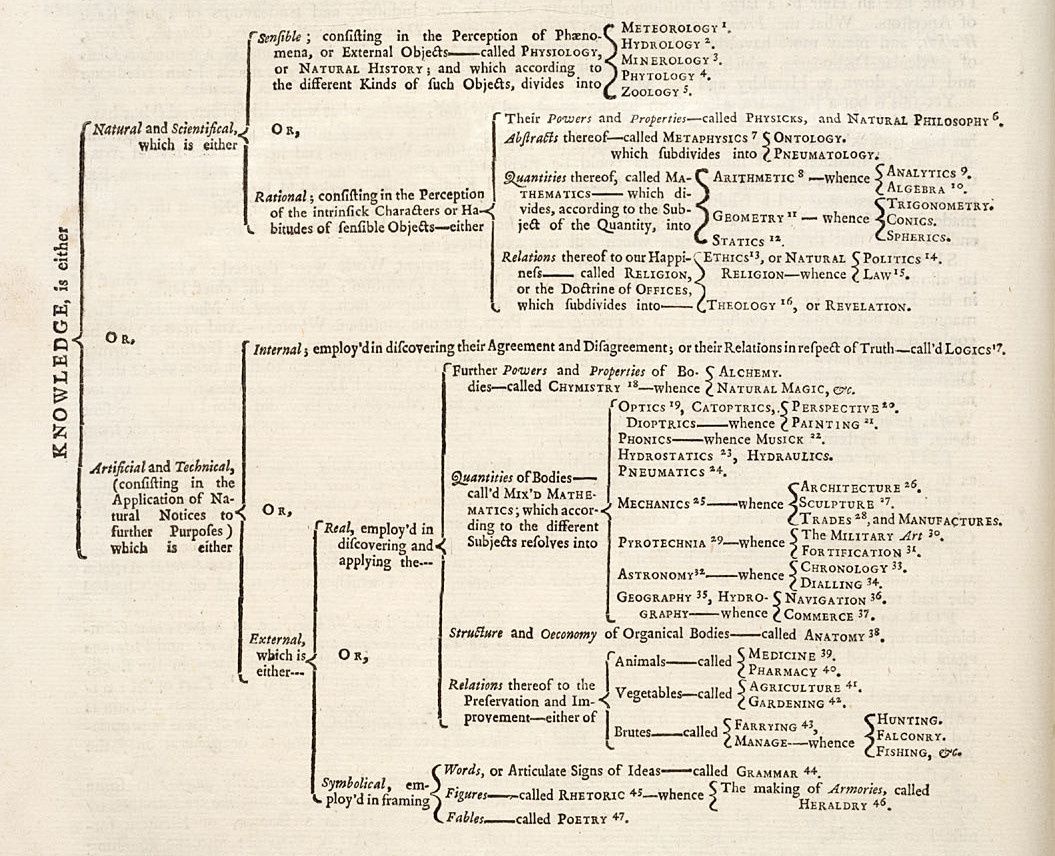
And that's the project of Herrleklären. I hope something I've learned about is useful or interesting to you.
Some stuff about me
A few things that underlie the various highways and byways that Herrleklären takes.
I'm newly rural, after a lifetime of living in big cities.
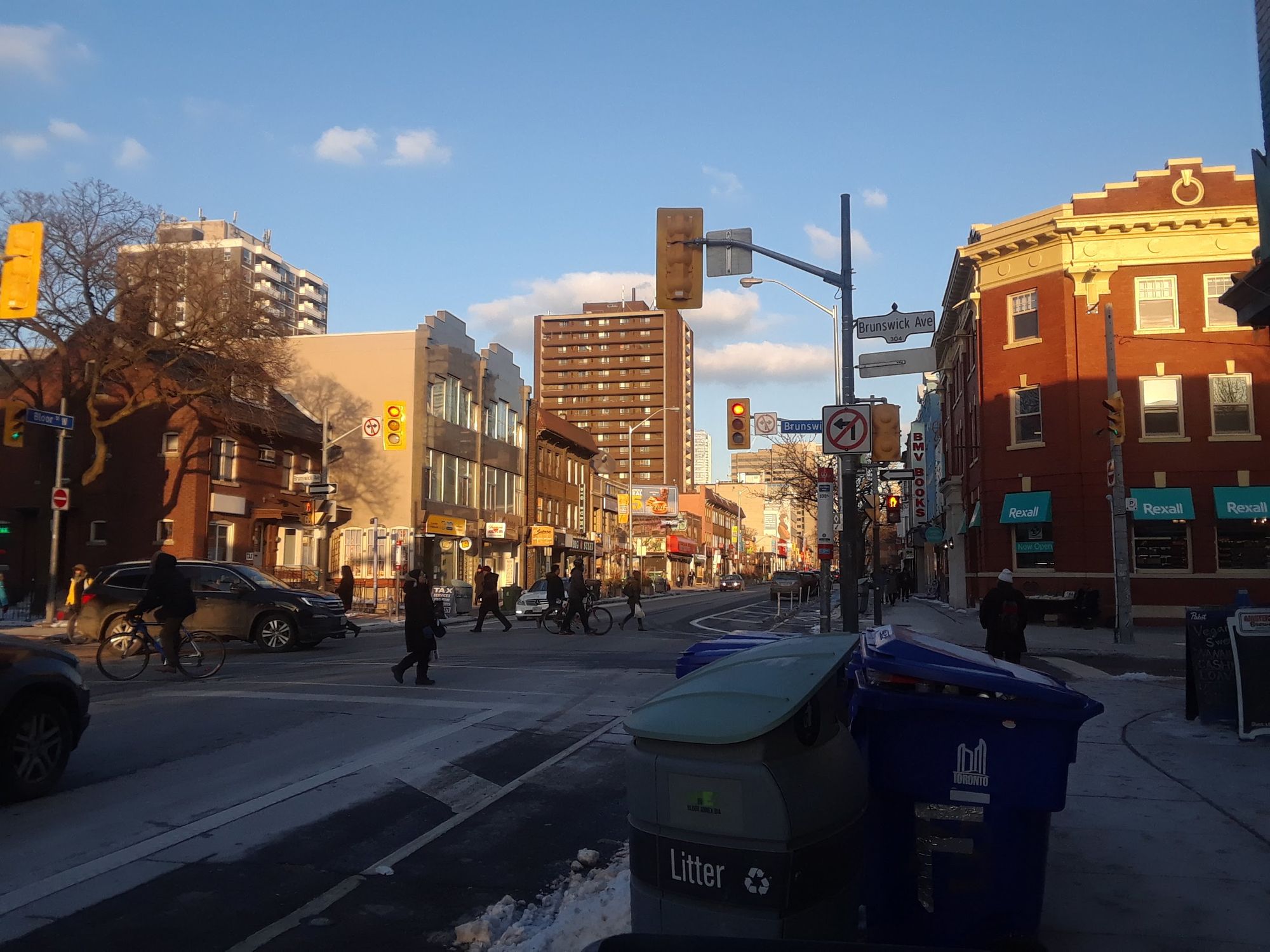
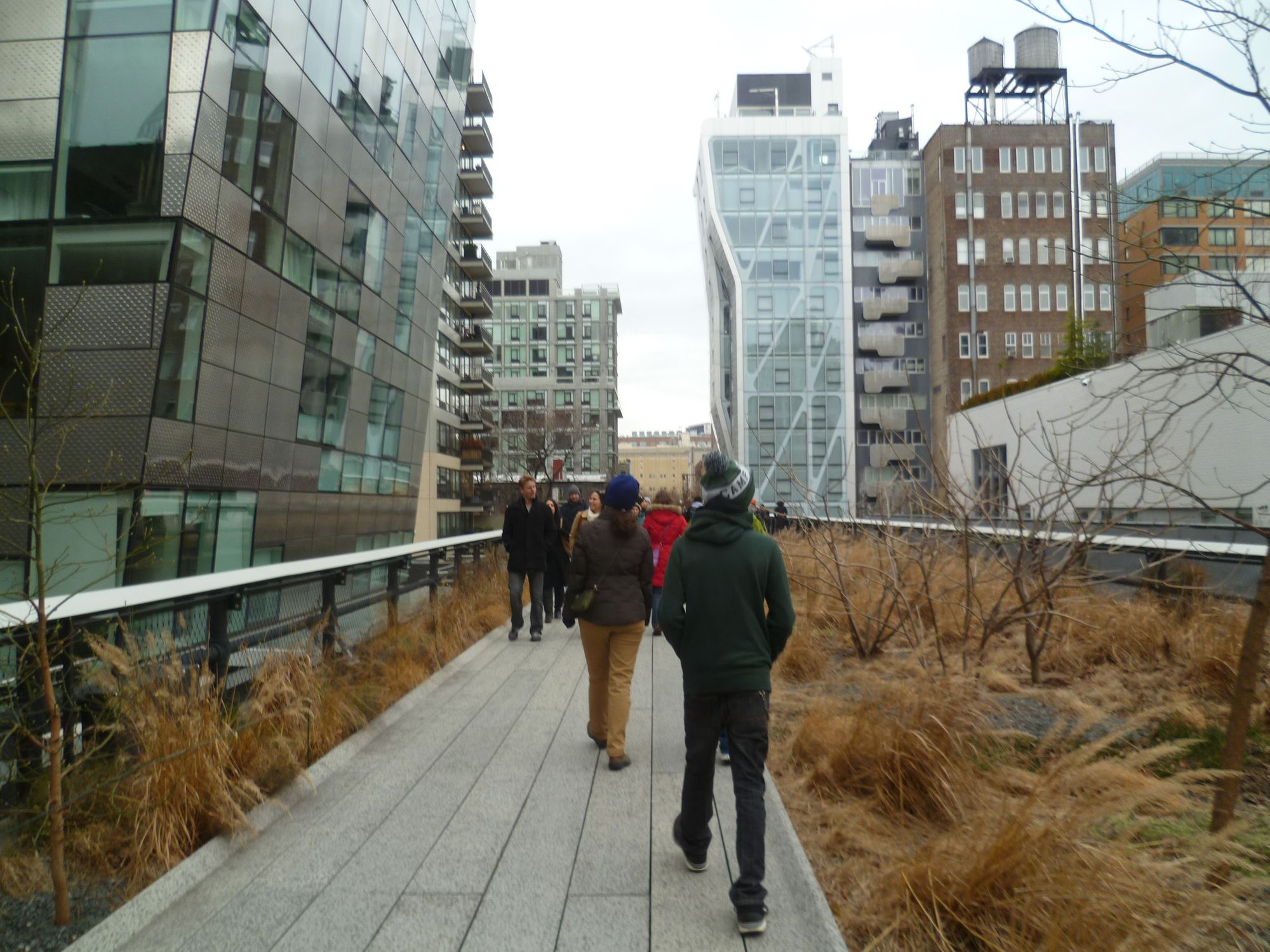
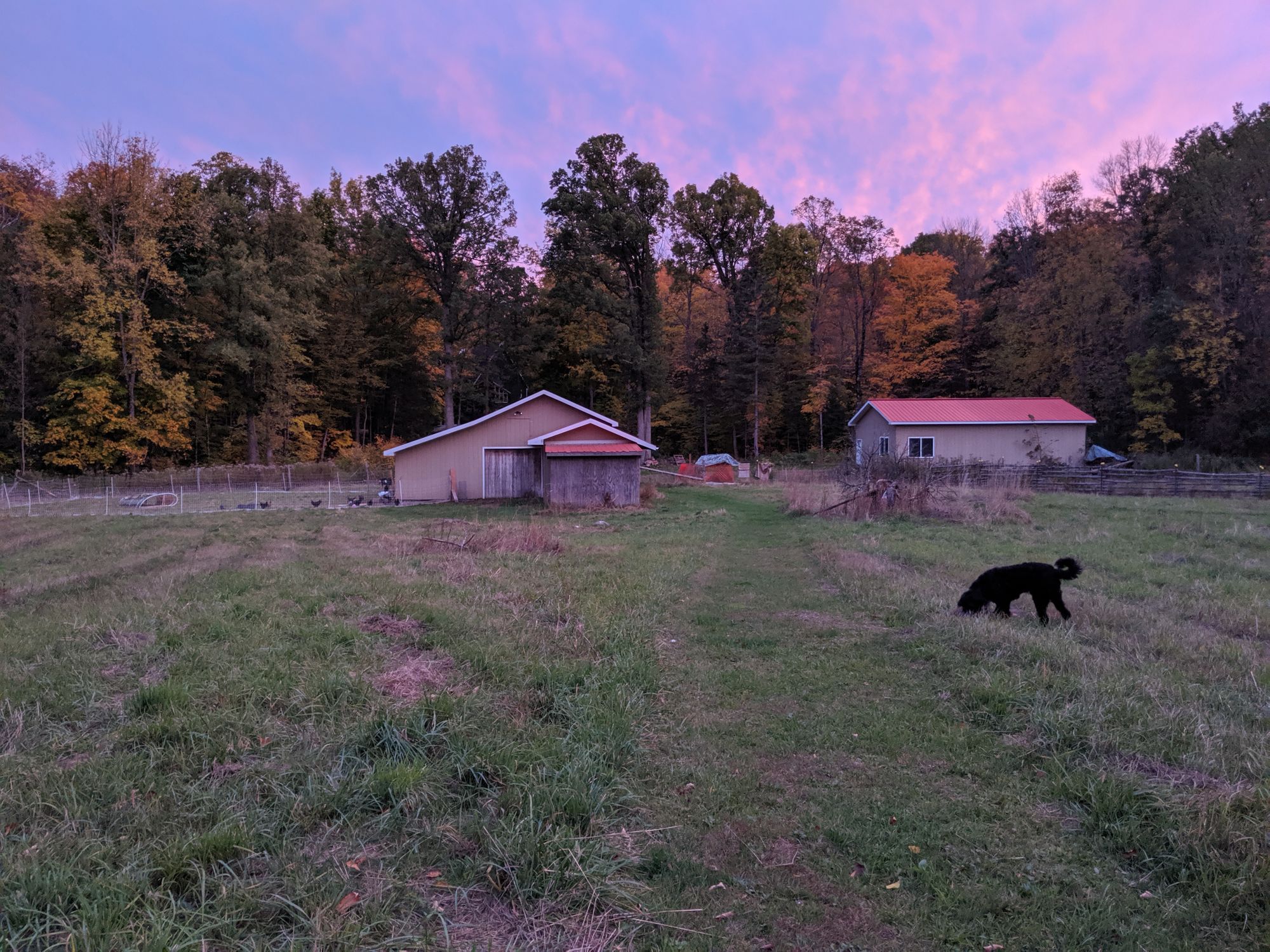
Having grown up in Toronto and lived in New York City during my graduate school years, the distinctive qualities of my new home in the rural Ottawa Valley stand out in sharp relief. I'm also now turning fresh eyes on my former urban setting.
A couple years ago I knew the streets of downtown Toronto in the way only a hardcore urban cyclist does. I took easy access to high speed internet for granted as a given. The daily rhythms, contours, and concerns of rural life were completely alien to me.

It's been a steep learning curve ever since leaving the city. Every new problem or project triggers a cycle of research, study, and experiment.
Discovering the piteous shape of rural connectivity forced adaptations in how I understand the role of technology in everyday life. Various aspects of water and soil management took on a new and pressing significance, as did striving to develop best practices in animal husbandry.
Learning how cushioned and insulated I was in the city from how much time, labour, and risk goes into producing food, from the omnipresence of death amongst life, and the terrifying power of the elements was the work of the first years away.
Learning to tune into the subtle rhythms of day and night and of the seasons, to really feel the living presence of non-human and non-animal beings, and to develop the humility to recognize that the piercing, analytical intellect I honed for years was not the only nor always the best way of knowing is the work of the present moment for me.
As a result, all things environmental, ecological, and agricultural receive a lot of attention at Herrleklären.
What does it mean to be at the intersection of human activity and the natural world?
I think a big part of the problem is that people living in cities are literally disconnected from soil. It's hard for them to conceive the amount of life that exists within soil and depends on soil. A huge blind spot and bias of urban living.
— Jesse Hirsh (@jessehirsh) April 22, 2020
Here at the new rural campus of the Academy of the Impossible, Jesse Hirsh and I are finding room in the space between learning, doing, and teaching, to explore how people interact other non-human lifeforms and how our biological and built environment shape the life within it.
A free range intellectual and nomadic teacher.
Cognitive authority needs to be earned with Genz #NCDofR2018 pic.twitter.com/yFXrVsv7MK
— John “Stirstick” Sustersic (@stirstick) May 3, 2018
Nearly 20 years ago, I chose teaching over research; since then my focus has been on curation and knowledge transfer rather than the creation of new knowledge in the traditional academic sense.
As a recovering academic, I’m still reflexively critical in my thinking, but no longer bound by the inward-looking concerns of the ivory tower.
Academic writing: I have 900 words of the 90,000 I need to write.
— Julia Azari (@julia_azari) April 17, 2018
Public/journalistic writing: I have 1200 of the 900 words I need to write.
(The struggle is real.)
With two decades of teaching and coaching experience in institutional settings in my past, my current focus is on developing alternative contexts for learning. Frankly, I've come to believe that there is no teaching, just the creation of optimal conditions for learning.
Knowledge emerges only through invention and re-invention, through the restless, impatient, continuing, hopeful inquiry human beings pursue in the world, with the world, and with each other.”― Paulo Freire, Pedagogy of the Oppressed
I’m especially interested in peer to peer, informal, and intergenerational learning networks that develop literacies and increase community capacity.
Still under construction and continuously learning.
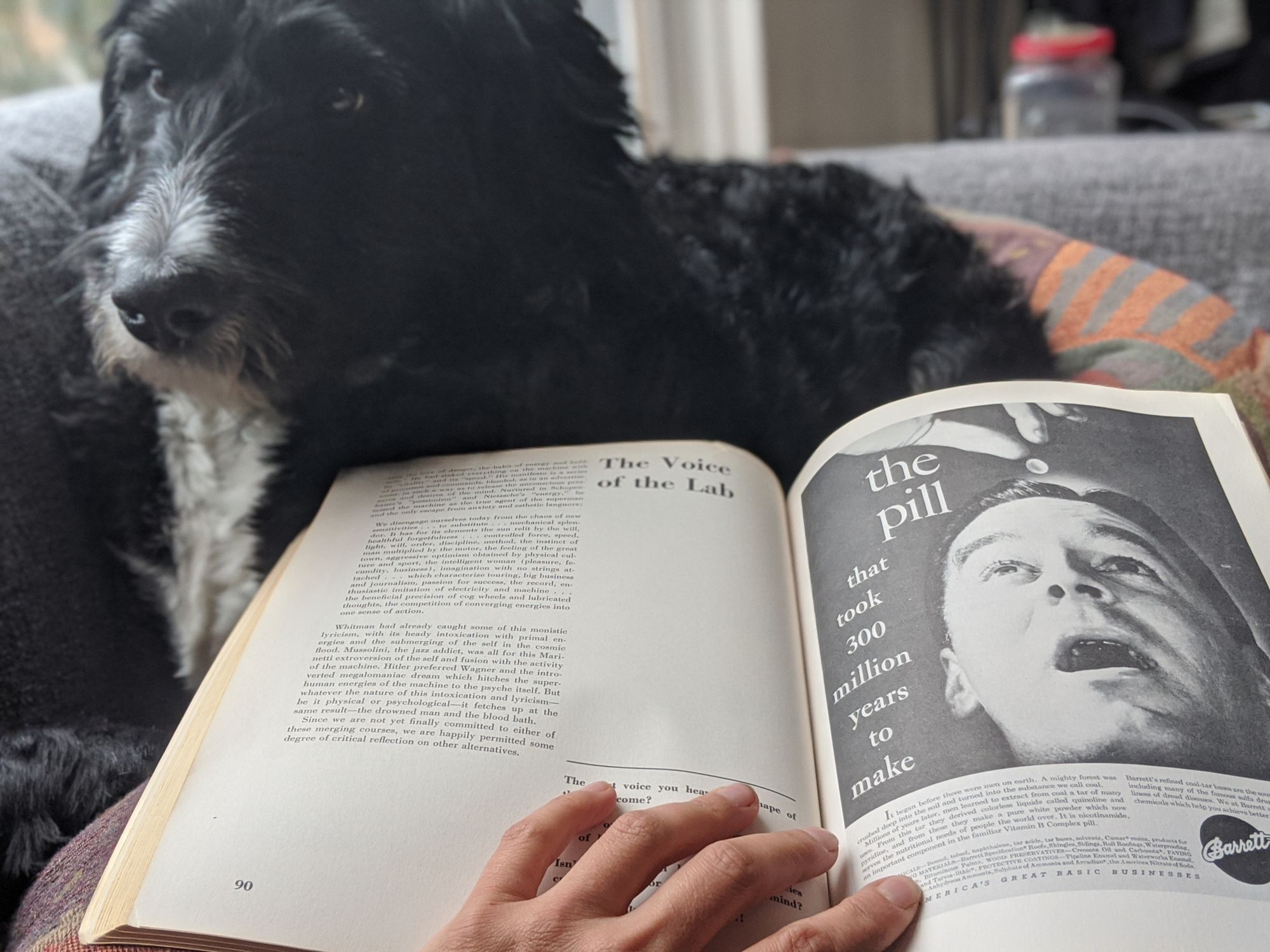
I don’t just believe in lifelong learning; for me, learning is how I live. I’ve had my fill of formal schooling and accreditations. Self-directed learning, whether solo or by working with other learners collaboratively, is now my favoured modality.



“I am always doing that which I can not do, in order that I may learn how to do it.”~ Pablo Picasso
If there is anything I can say I have truly dedicated myself to singlemindedly, it is learning to be a better learner. Learning is a muscle that grows through use.
A late onset athlete and fierce advocate of the power of movement.
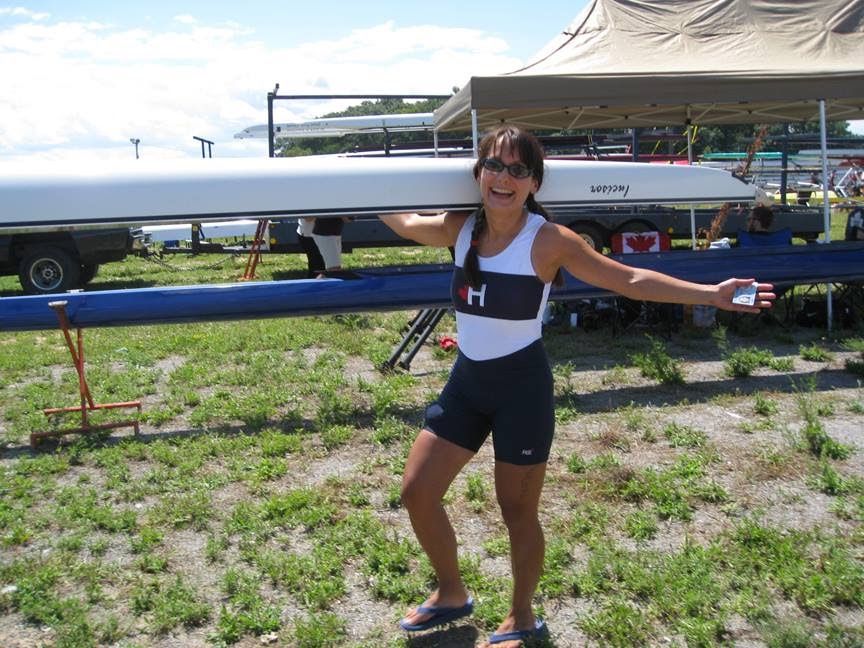
Too often we privilege our thinking selves over our physical nature, perhaps because we find ourselves alienated from our own bodies. But our mind is of the body, not apart from it.
It is in moments of illness that we are compelled to realize that we live not alone but chained to a creature of a different kingdom, whole worlds apart, who has no knowledge of us and by whom it is impossible to make ourselves understood: our body.”— Marcel Proust
I’m committed to bringing the body back into the equation. Whether the body in illness or in health, our corporeal selves must be acknowledged. Our bodies matter.
To be human is to be active by nature. As a late in life convert to athletic pursuits, I’m a vociferous proponent of the health benefits of physical activity for all bodies.
Looking back at the future.
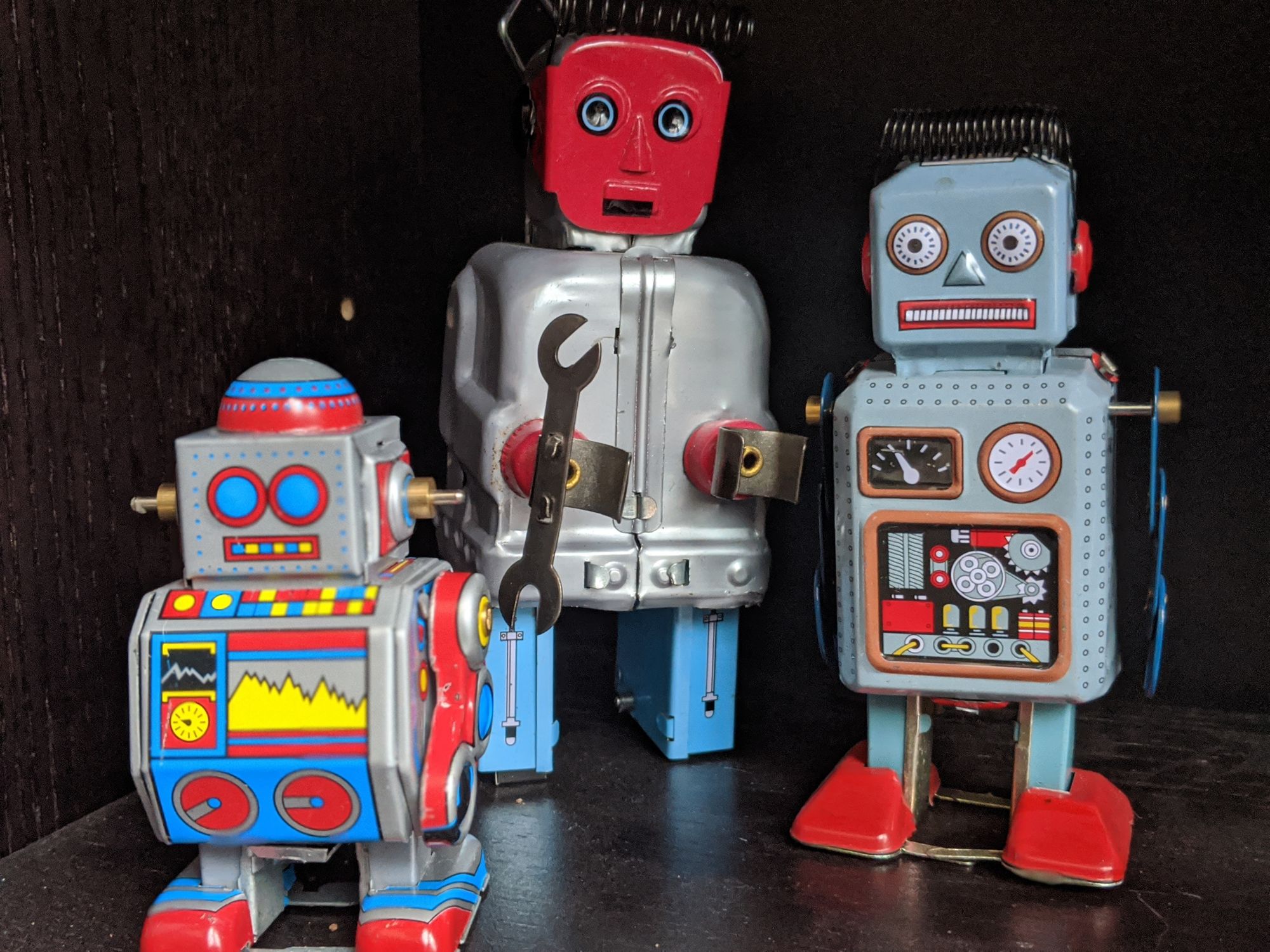
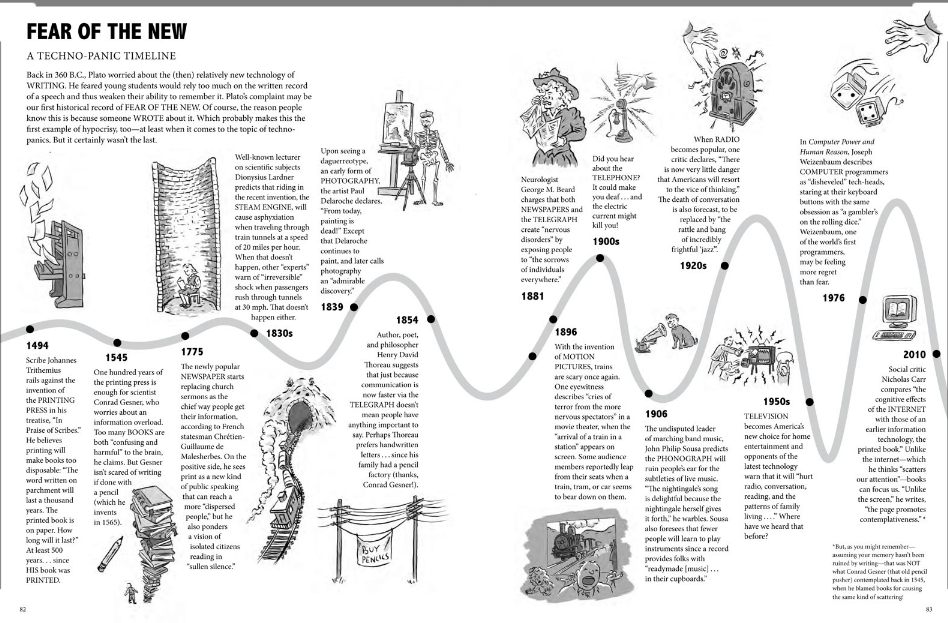
As a historian, I look at the future through eyes attuned to the context of the past, to what has happened already and is happening again. I imagine how our present will appear to the eyes of future historians, looking for connections and causes.
Historians are the original data literacy nerds. They take the data exhaust of our lives and turn it into a story.
In the funhouse mirror-room you can't see yourself go on forever, because no matter how you stand, your head gets in the way --John Barthes, Lost in the Funhouse
As a critical reader of speculative fiction (especially sci-fi), I see the futures we imagine as a way to better understand where we are right now. Possible futures are the mirror we hold up to scrutinize the present moment, or a way to talk about what is otherwise difficult to discuss.
Some stuff I've done
Some publications, academic and otherwise.
So much teaching. College and university-level in the US and Canada. Grades 5 thru 12. Adult English language learners.
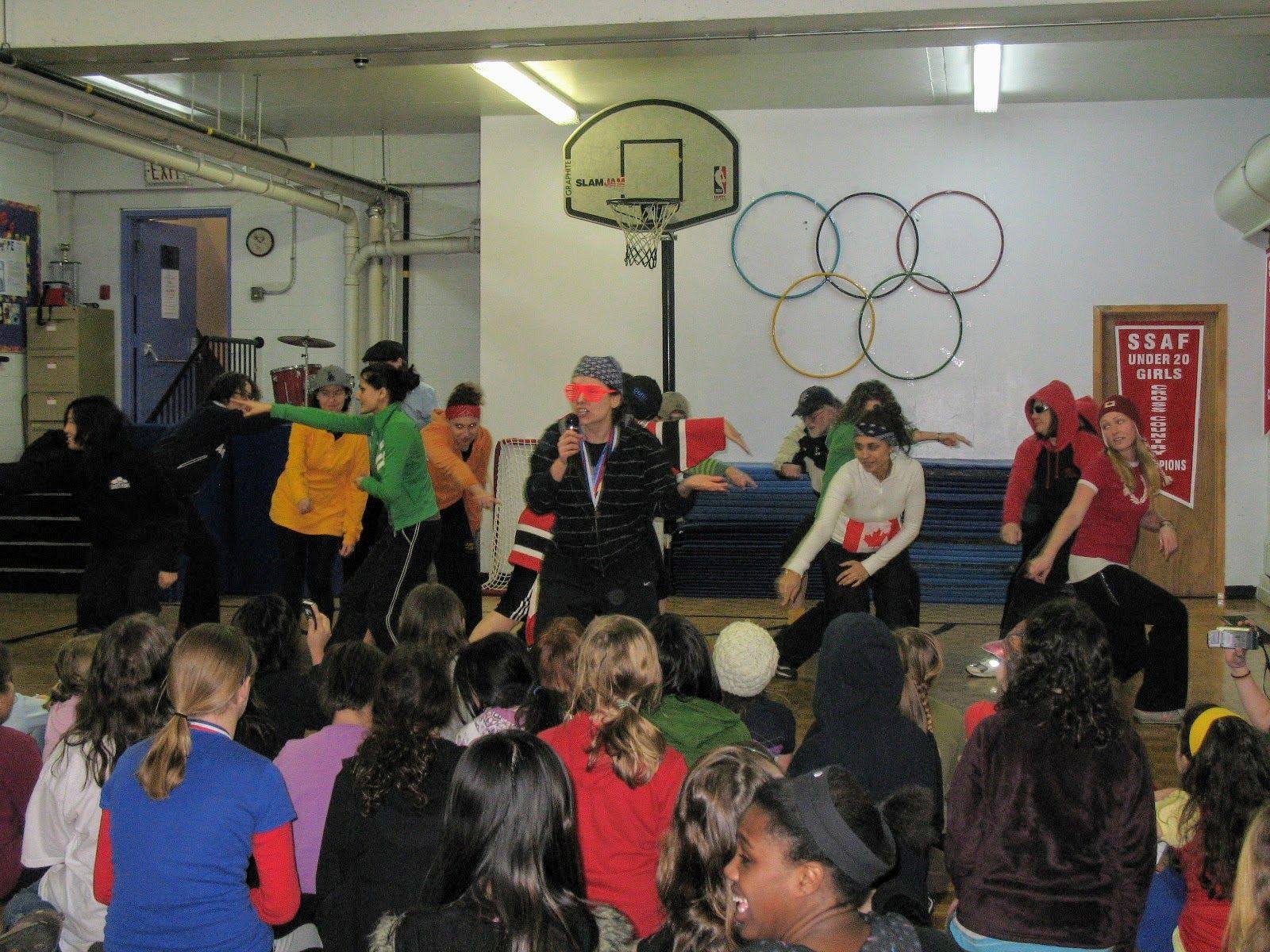
All kinds of talks. ("What it means to be a cool academic," Queen's Journal 4/11/2005).
Lots and lots of coaching over the years. Cross-country and road runners, floor hockey, personal training, rowing on the water and on the erg.
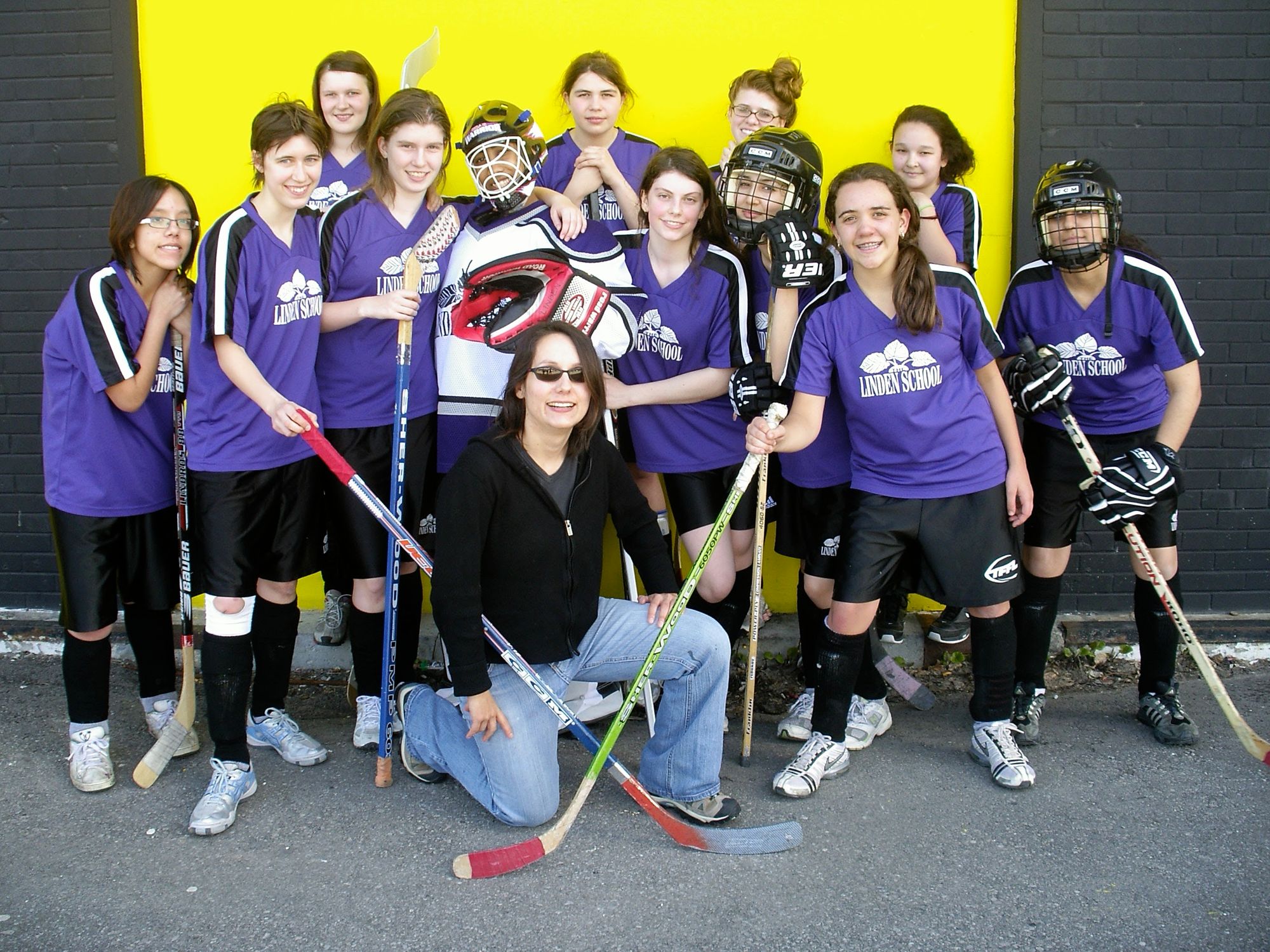
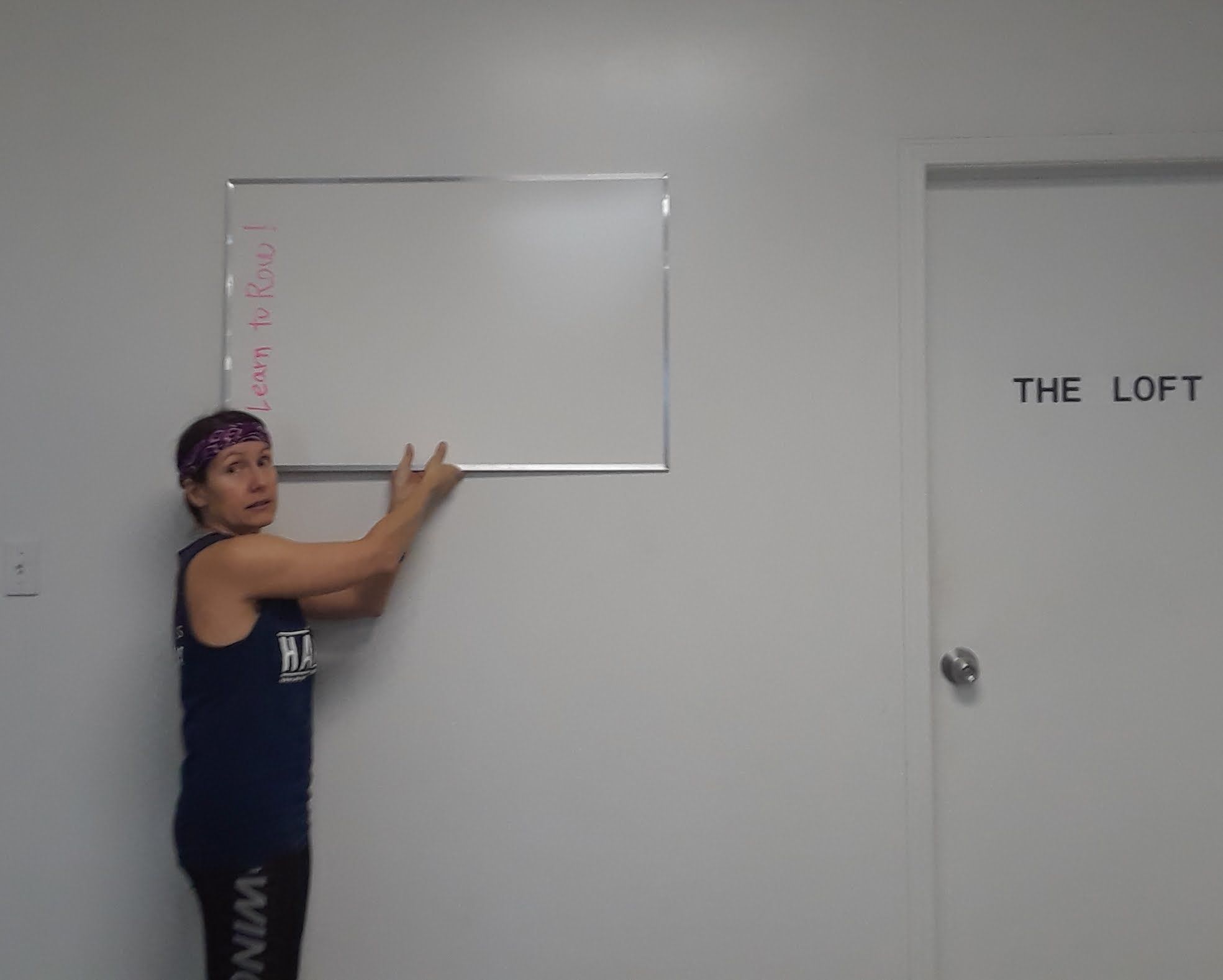
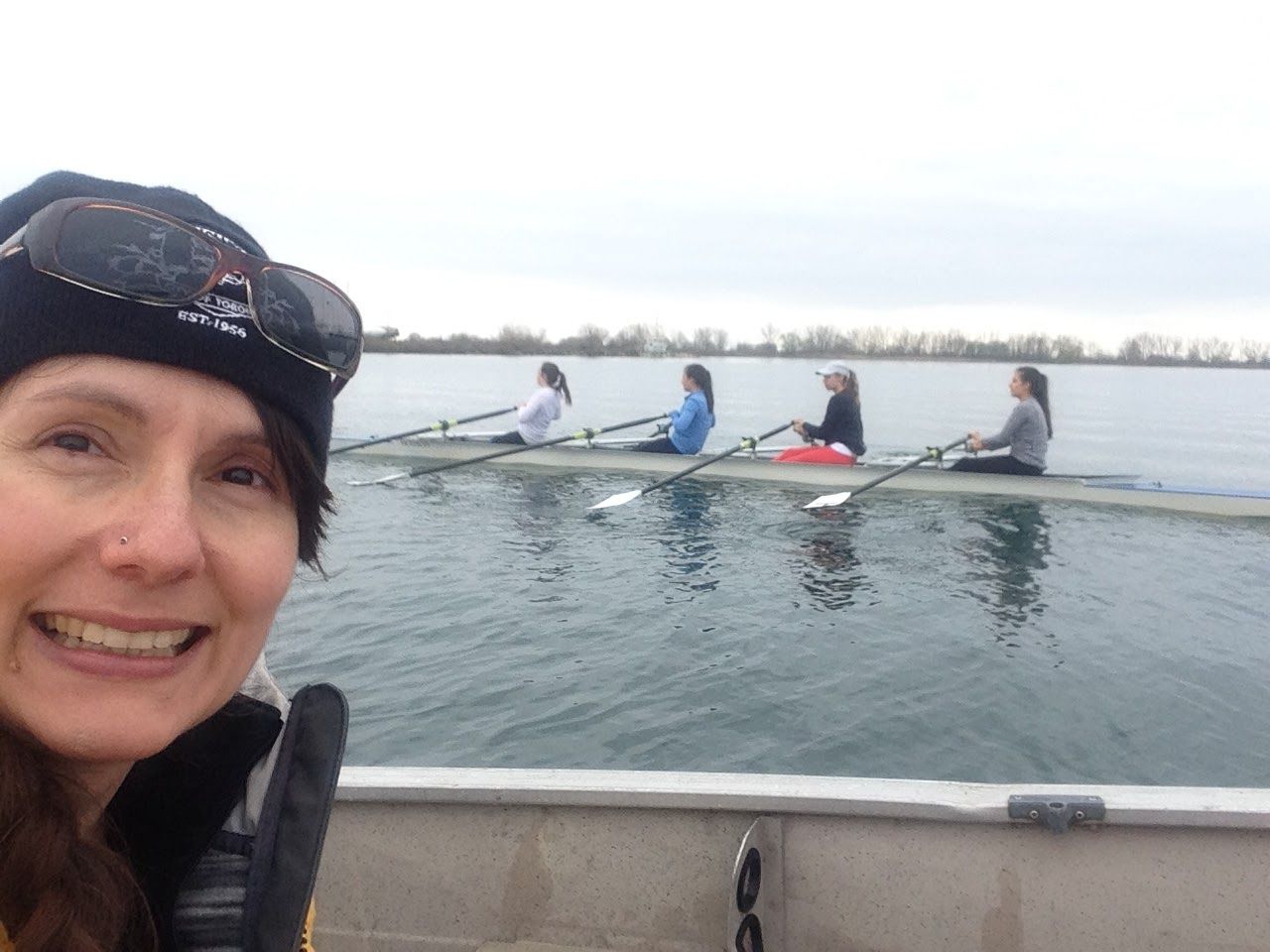
Next gen Herrles
